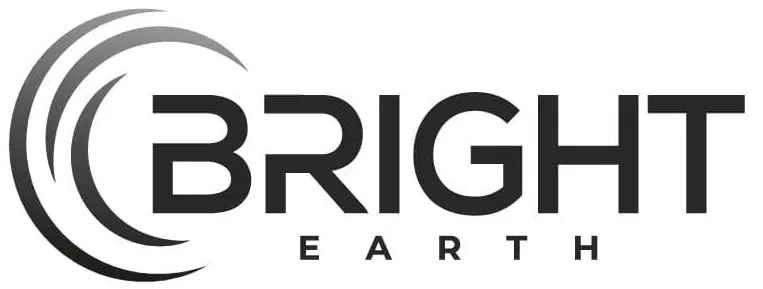Introduction to solar energy
Solar energy, also known as solar power, is energy that comes from the sun. It is an abundant and renewable source of energy, making it an attractive alternative to traditional sources of electricity. Solar energy is captured through the use of solar panels, which convert sunlight into electricity. This electricity can then be used to power homes, businesses, and even entire communities. The use of solar energy can help reduce greenhouse gas emissions and reliance on fossil fuels, making it a sustainable and environmentally friendly choice for energy production.

Cost savings and financial incentives
Solar energy is known for its cost-saving benefits and financial incentives that can make the transition worthwhile. By making the switch to solar energy, you can potentially save thousands of dollars on your energy bills over the lifetime of your solar panel system. Additionally, the government and some local authorities offer financial incentives, such as tax credits or rebates, to help offset the initial cost of installing solar panels. These incentives can further enhance your cost savings and make the investment in solar energy even more attractive.
Environmentally friendly benefits
Solar energy is an environmentally friendly choice. It reduces your carbon footprint because it produces electricity without releasing any harmful emissions. By switching to solar energy, you contribute to a cleaner environment and help combat climate change. Furthermore, solar energy reduces our reliance on fossil fuels, which are non-renewable resources. This makes it a sustainable energy option for the future.
Renewable and sustainable energy
Switching to solar energy is an environmentally friendly choice that can help reduce your carbon footprint. Solar panels harness the energy from the sun and convert it into electricity, providing a renewable and sustainable source of power. By utilizing solar energy, you can reduce your reliance on non-renewable energy sources such as fossil fuels, contributing to a cleaner and more sustainable future.
Energy independence and reliability
Switching to solar energy allows you to be more independent when it comes to your energy source. Solar panels are reliable and provide a consistent source of energy, which can be especially helpful during power outages or in remote areas. With solar energy, you can reduce your dependence on traditional utility companies and take control of your energy production. Additionally, solar panels have a long lifespan, often lasting 25 years or more, providing a reliable and consistent source of energy for your home or business.
Improved property value
Switching to solar energy can significantly increase the value of your property. According to a study by the U.S. Department of Energy’s Lawrence Berkeley National Laboratory, homes with solar panels typically have higher property values and sell more quickly than those without. Solar energy systems are seen as attractive features for potential homebuyers, as they offer long-term financial benefits and energy independence. Installing solar panels could increase your property’s value by an average of $15,000. Moreover, it can also make your property more appealing in a competitive real estate market.
Solar energy installation process
When you decide to switch to solar energy, the installation process involves several steps. The first step is a site assessment to determine the best location for the solar panels. Then, the panels are mounted on your roof or in your yard. After that, the electrical wiring is connected to your home’s electrical system. Finally, an inspection will be carried out to ensure that everything is properly installed and meets safety standards. This process can typically be completed within a few days, depending on the size of the installation.
Maintenance and lifespan of solar panels
Solar panels are known for their low maintenance requirements. They typically only need to be cleaned a few times a year to remove any dust or debris that may accumulate. This can be done using a soft brush, water, and mild soap. As for the lifespan, most solar panels come with a warranty of around 25 years, but they can last for 30 years or more with proper care. It’s important to check the warranty and specifications of the solar panels you choose to understand their expected lifespan.
Solar energy for residential and commercial use
Switching to solar energy for your home or business can provide numerous benefits. Solar panels can significantly reduce your electricity bills, saving you money in the long run. They also contribute to a cleaner environment by reducing your carbon footprint. Solar power systems are low maintenance and can operate efficiently for decades, providing a reliable source of renewable energy. In addition, many governments offer incentives, tax credits, and rebates for installing solar panels, making the initial investment more affordable. Whether it’s for your residence or commercial property, utilizing solar energy can bring both financial and environmental advantages.
Conclusion and summary
To sum up, switching to solar energy has numerous benefits for both the environment and your finances. Solar energy is renewable, meaning it will never run out, and it significantly reduces your carbon footprint. Additionally, installing solar panels can lead to long-term savings on your electricity bills, and in some cases, you may even be able to sell excess energy back to the grid. The initial investment in solar panels can be offset by government incentives and tax credits, making it an even more attractive option. In conclusion, making the switch to solar energy can be a wise and impactful decision for both your wallet and the planet.
